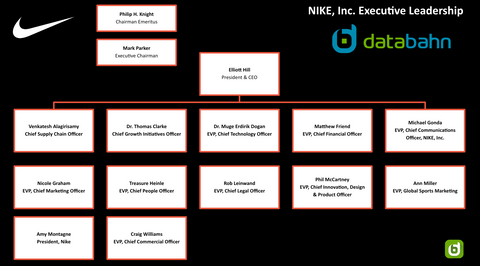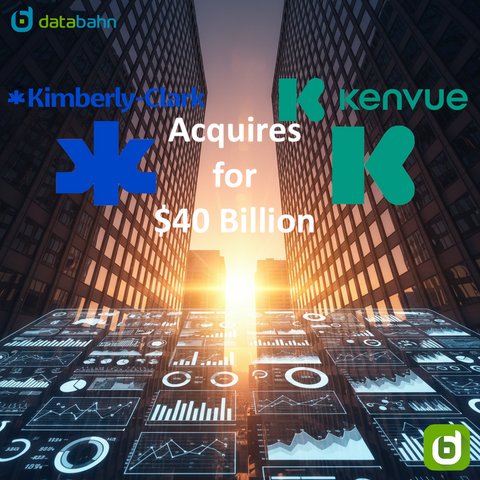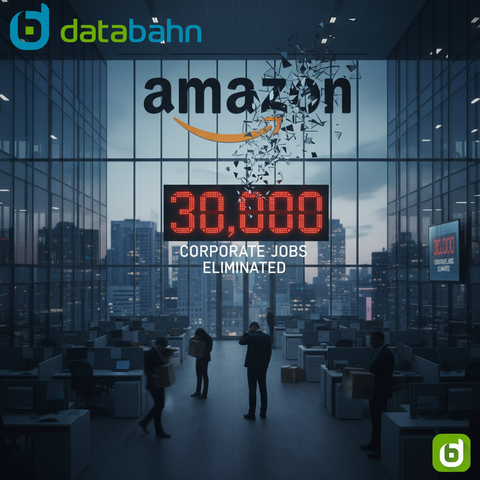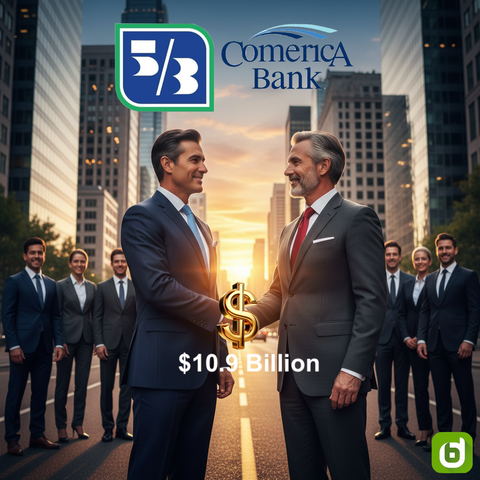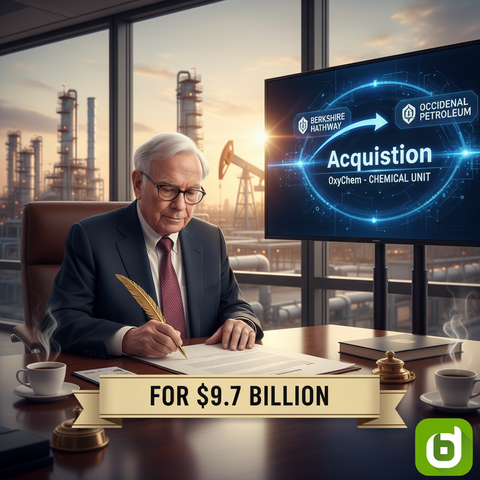Nike has always been a bellwether for transformation in the global sportswear industry, and 2025 proved to be a pivotal year for the company’s leadership and growth agenda. With shifting market dynamics and a tougher competitive environment, Nike’s Board and new CEO Elliott Hill enacted bold moves to reshape the C-suite, streamline management, and equip the business for “Win Now” execution. This Nike sales intelligence blog post takes you inside those sweeping changes and investigates how Nike’s strategic focus has evolved accordingly.
Kimberly-Clark’s $40 Billion acquisition of Kenvue is a transformative event for the health, personal care, and consumer staples industries. The transaction’s scale, timing, and strategic rationale promise opportunity and risk for investors and create a rich opportunity landscape for technology sellers—especially those focused on integration, compliance, innovation enablement, and enterprise operations.
A deep-dive account intelligence report packed with organizational charts, direct contact information for decision-makers, and actionable business insights is a game-changing asset for closing complex enterprise SaaS deals, especially when time is of the essence in the Q4.
Amazon is cutting as many as 30,000 corporate jobs in the largest round of layoffs in its history. These reductions reflect a dramatic shift in corporate staffing, with significant global and organizational implications. The sales intelligence blog below covers the main points, including who is being affected, which teams and regions are impacted, why these cuts are happening, and what this means for Amazon as a company.
Unilever is delaying the Magnum spin-off citing U.S. government shutdown (SEC). We explore the Unilever org charts, the new Magnum executive leadership team, the spin-off and the pending Magnum IPO, Magnum's Strategic Pillars, and where there might be sales opportunities for a technology sales rep in this blog post. We deep dive into potential sales opportunities at both Unilever and Magnum post spin-off (see infographic in Magnum Technology Roll-out).
This acquisition marks a watershed moment for both Fifth Third Bancorp and Comerica Bank, offering their combined clientele more robust banking services, enhanced technological solutions, and a stronger geographic footprint throughout America’s high-growth and heartland regions. The transaction will require careful regulatory review, employee and customer integration, and prudent management, but the firms are confident they will emerge as a banking powerhouse in the coming years—ready to invest, innovate, and lead in the evolving landscape of U.S. financial services.
Strategic account planning is critical for technology sales reps breaking into Fortune 500 and Global 2000 greenfield or whitespace accounts. This blog post explains who gets involved, what the process entails, when and where plans should be created and stored, why they matter, and how to build a high-impact plan.
Berkshire Hathaway’s OxyChem acquisition is a paradigm-shifting move for both companies. Occidental exits chemicals to become a focused oil/gas company with a healthier balance sheet, while Berkshire doubles down on stable, industrial “moats” under a new era of leadership. For technology vendors, the ensuing integration creates windows across both organizations—especially for those specializing in IT rationalization, manufacturing automation, data compliance, and digital transformation.

